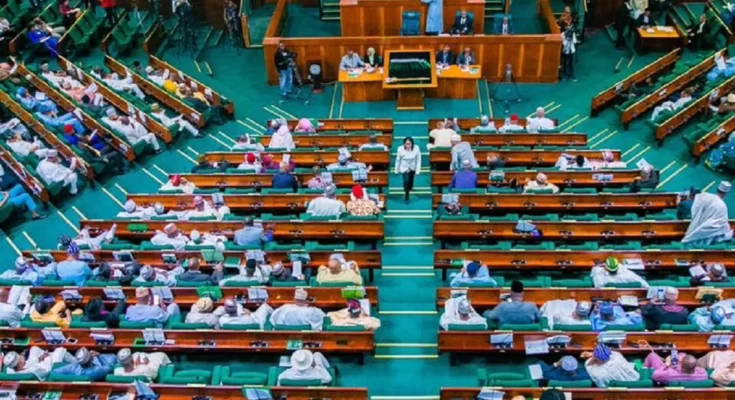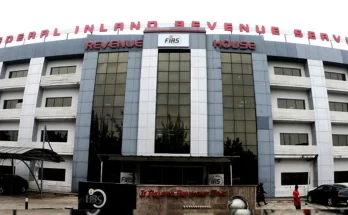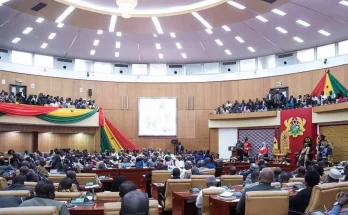Nigeria: House of Reps Advances Multiple Tax Reform Bills. The House of Representatives in Nigeria has passed for second reading four key tax reform bills aimed at overhauling Nigeria’s tax system.
The bills—the Nigeria Tax Bill 2024, the Tax Administration Bill, the Nigeria Revenue Service Establishment Bill, and the Joint Revenue Board Establishment Bill—seek to enhance tax efficiency, transparency, and revenue collection in the country.
The tax reform bills progressed after five months of extensive consultations among lawmakers, addressing critical concerns and achieving consensus on contentious provisions.
During deliberations, legislators emphasized that the proposed reforms would harmonize tax administration, eliminate multiple taxation, and create a structured framework for tax dispute resolution.
Key Provisions and Expected Impact
The reforms outlined in the bills are expected to:
- Expand the tax base by integrating more businesses and individuals into the formal tax system.
- Ensure uniform tax policies across all levels of government to prevent arbitrary levies.
- Enhance tax collection efficiency, reduce revenue leakages, and improve government earnings.
- Promote ease of doing business by simplifying tax compliance processes for businesses.
- Establish an ombudsman system to expedite tax-related conflicts between taxpayers and the government.
Nigeria: FIRS Introduces Withholding Tax System to Boost Compliance
Call for Prudent Revenue Utilization
While supporting the bills, lawmakers stressed the need for judicious application of tax revenues. Concerns were raised over revenue mismanagement and lack of accountability in tax utilization.
Legislators urged the executive to ensure that increased tax revenue translates into tangible infrastructure development, improved social services, and overall economic growth.
With the second reading secured, the bills will now proceed to the committee stage for further scrutiny and refinement. Lawmakers will engage stakeholders, including tax experts, business leaders, and government agencies, to shape the final versions before passage into law.
Northern Governors’ Opposition and Stakeholder Reactions
Earlier, the Northern Governors’ Forum, chaired by Gombe State Governor Muhammed Inuwa Yahaya, opposed the derivation-based VAT distribution model, arguing that it undermines the interests of Northern and other sub-national regions.
Despite this opposition, President Bola Tinubu encouraged governors and stakeholders to participate in the legislative process to ensure a balanced tax policy.
Taiwo Oyedele, Chairman of the Presidential Committee on Fiscal Policy and Tax Reforms, addressed concerns over the VAT model, stating that the current system is unfair not only to Northern states but to all geopolitical zones.
FG Commends Lawmakers for Progress on Tax Reforms
Following the passage of the tax reform bills for a second reading, the Federal Government expressed its appreciation to the House of Representatives for their diligence in advancing fiscal policy reforms.
Taiwo Oyedele praised lawmakers for their robust debates and thorough consideration of the bills, noting that these reforms are crucial for Nigeria’s economic transformation.
The four bills have now been referred to the Finance Committee of the House for further legislative work, bringing Nigeria closer to a more efficient and transparent tax regime.




